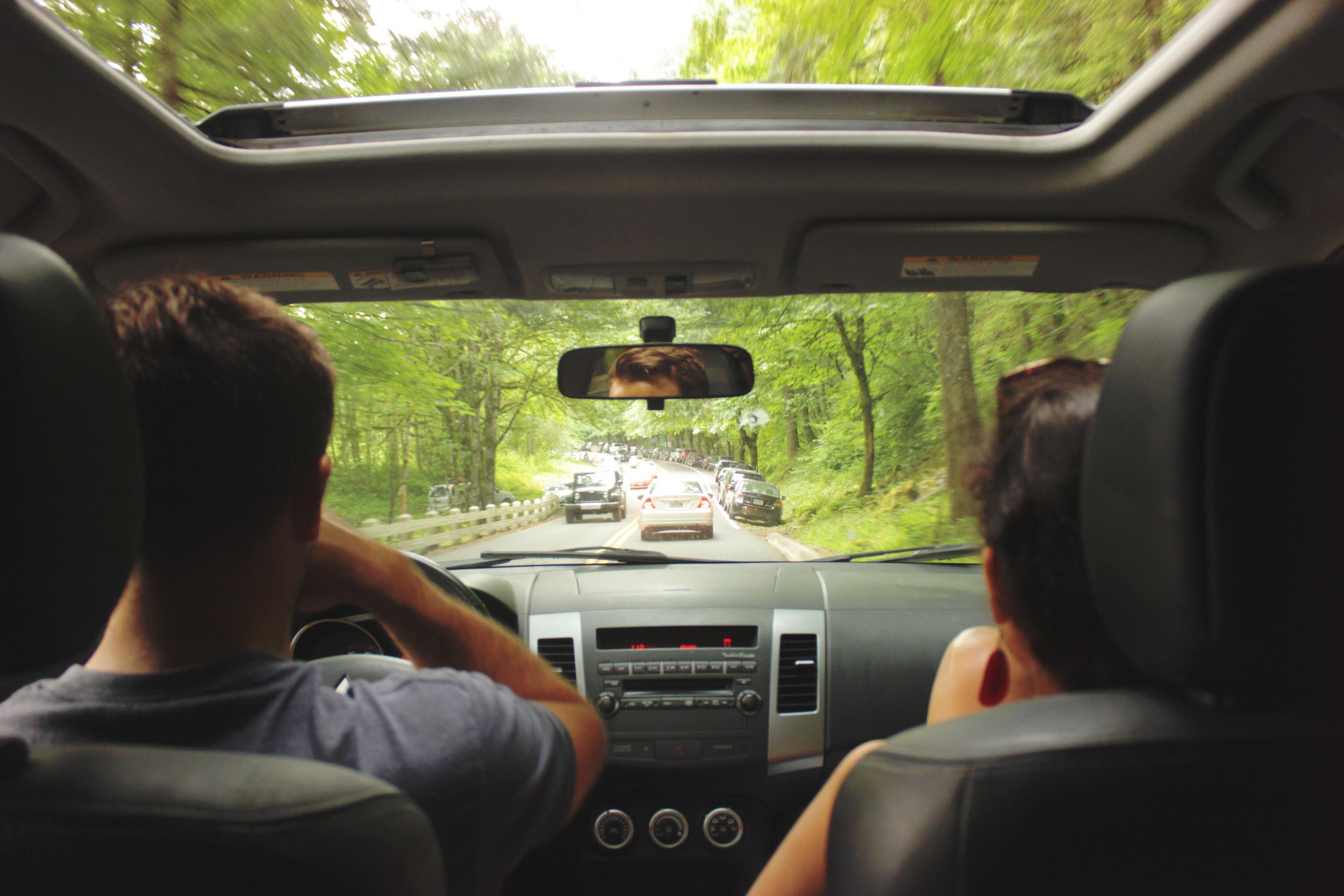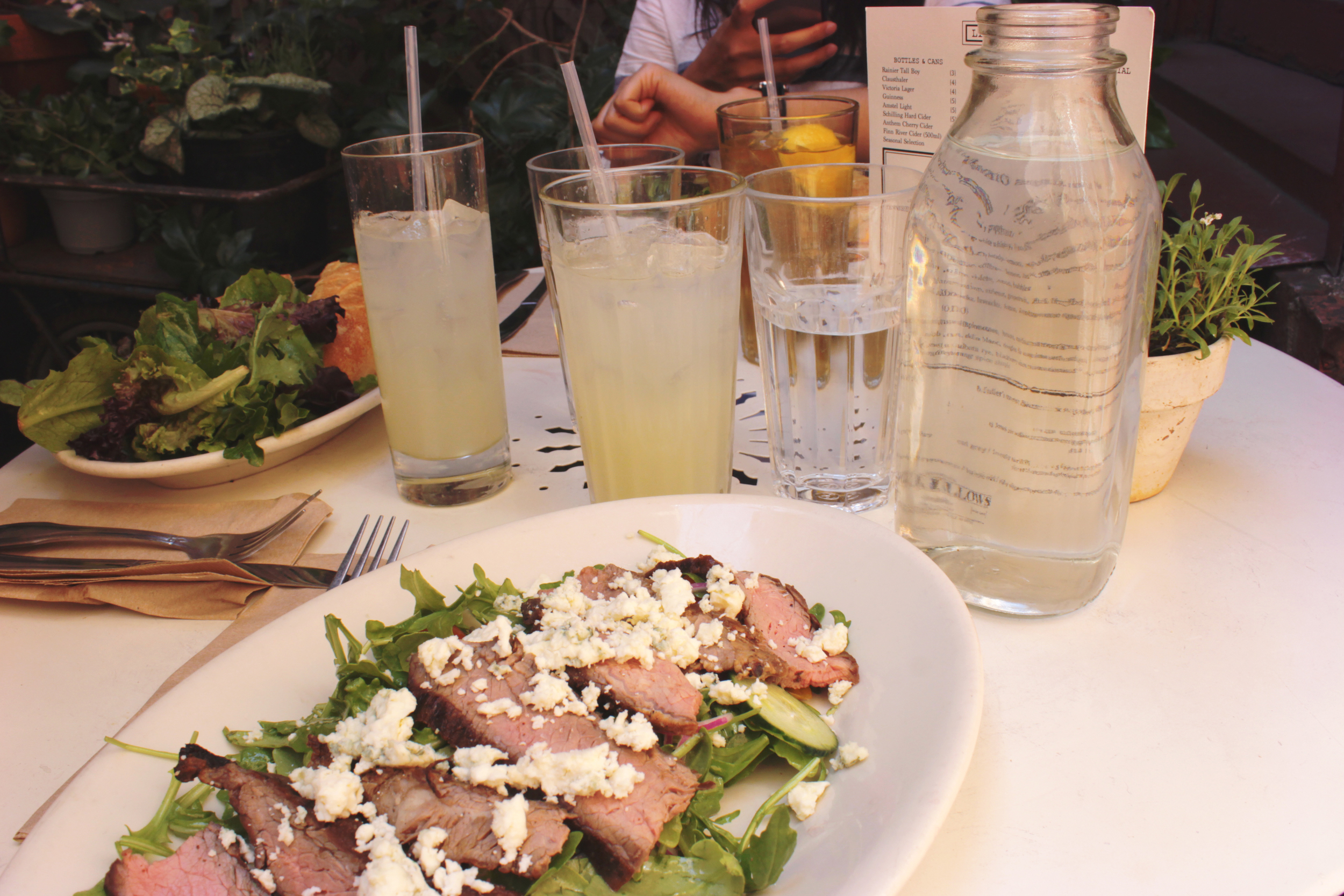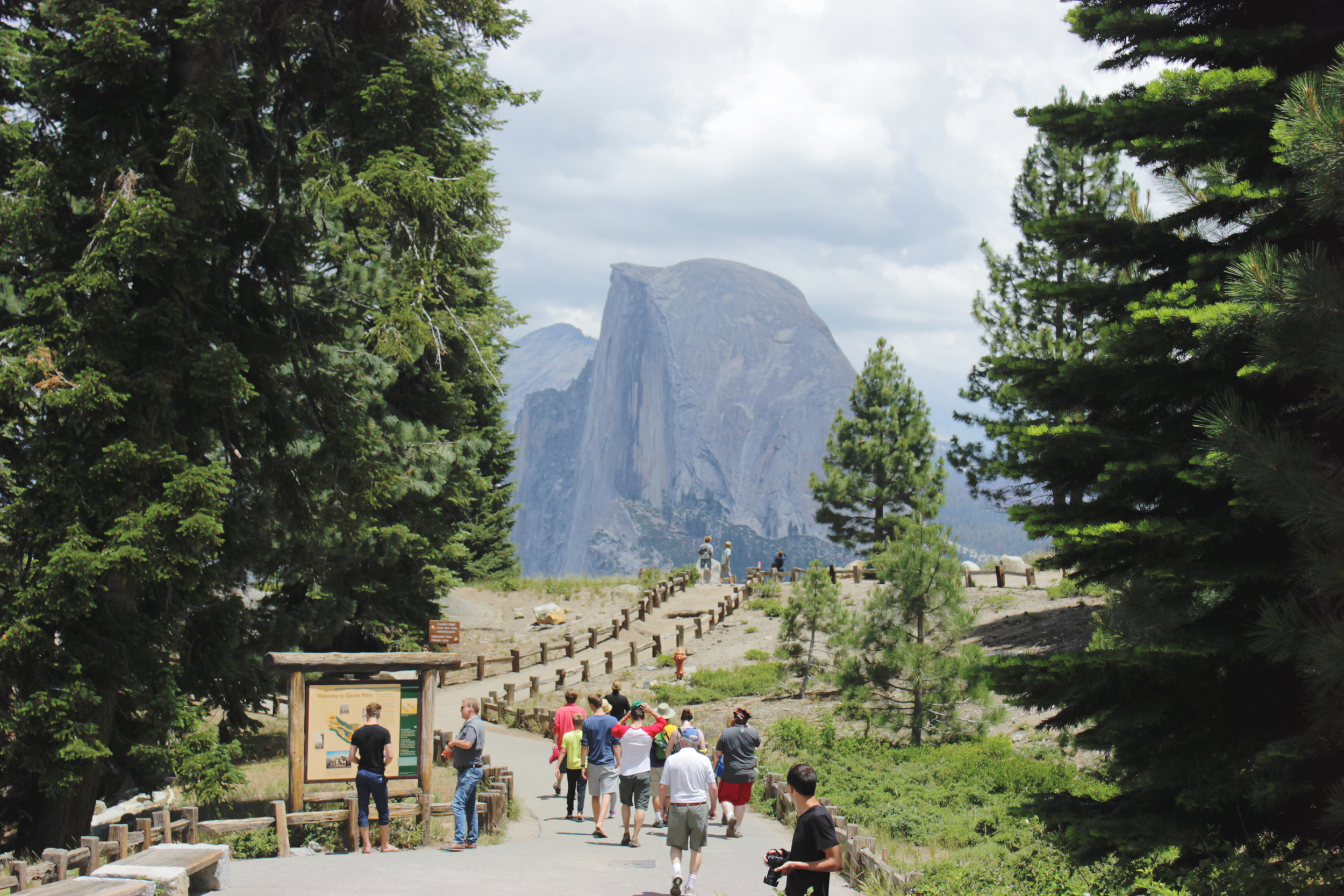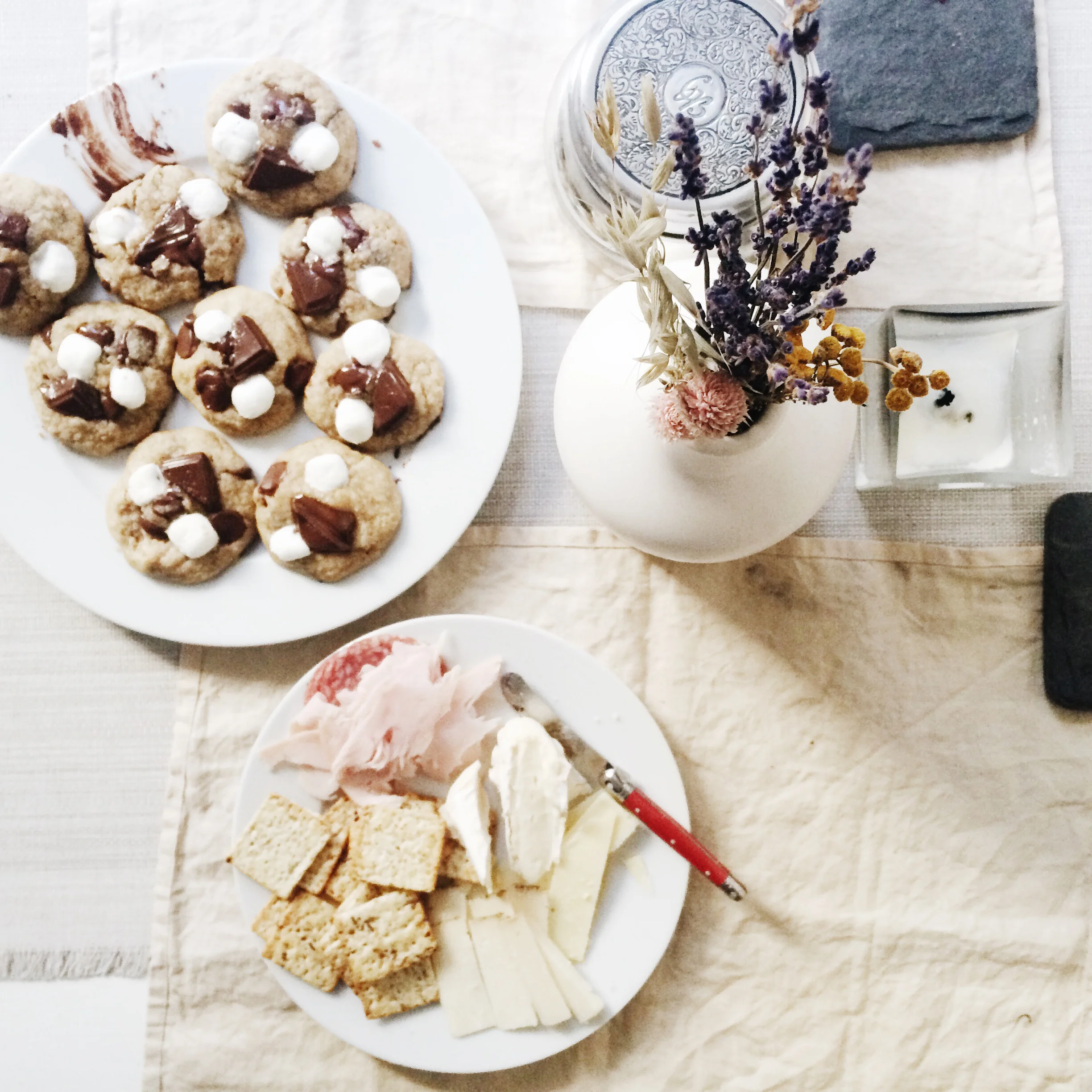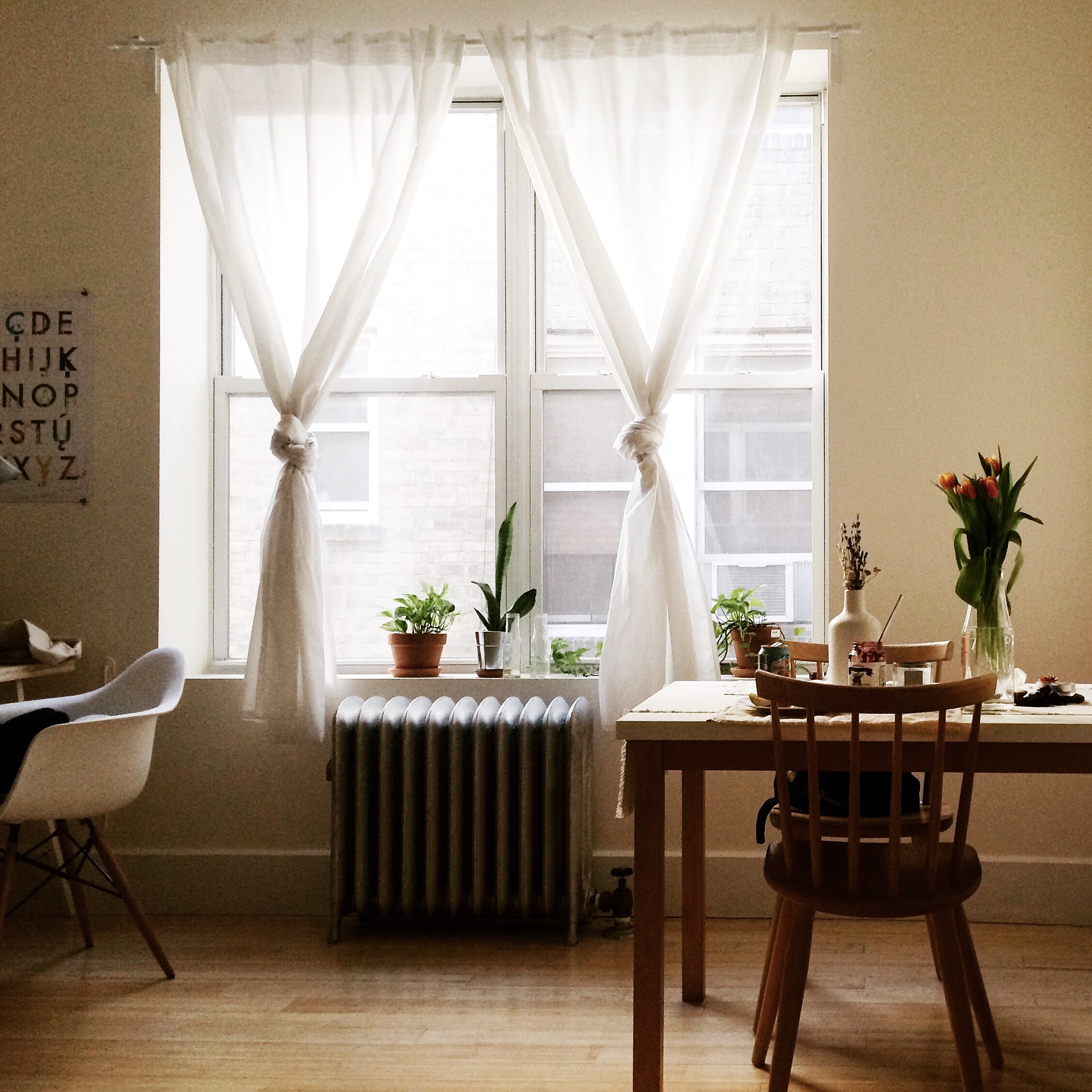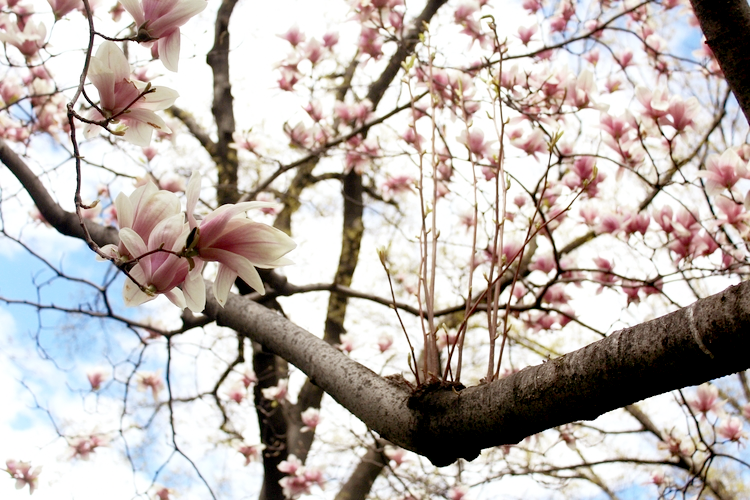In Away We Go, John Krasinski and Maya Rudolph play an expectant couple who travels around the country looking for a place to raise their new family. It’s one of Zach’s favorite movies and I’ve been fond of it both of the two times we watched it together (Alexi Murdoch soundtrack and Dave Eggers screenplay notwithstanding). It hovers around themes I am myself unceasingly obsessed with: home, what it is to have it, and how to know that you’ve found it; also worth noting is the revisiting of your past to help inform the present. Burt and Verona go to Phoenix, Tuscon, Madison, Miami, and Montreal, each time with family or friends on the receiving end, and they eventually (as I spoil the ending) choose to return to Verona’s childhood home somewhere in the southern United States along the Mississippi, or just some place in the south, where the people who made it home are no longer there but the spirit is, and they sit on the porch talking about their child and about themselves and about themselves as parents. Then the movie ends.
We left New York almost three months ago, and up until now we’ve been sleeping in beds (or sleeping bags, or airplane chairs, or tents, or folded-down car seats), in all senses temporary ones, that come with no sense of home or permanence, and each morning I’d wake up with that fleeting, confusing moment of not remembering where I was. I began to see the summer as our own Away We Go tour of North America (or, more accurately, the west coast), and every place we visited, every person (or couple, or family, or group of people) we’d greet good morning, inevitably asked of us the question: Could this be permanent? Could this be home?
Granted, we weren’t in the market for a new home, because this summer would ultimately terminate in the southern hemisphere, where we’d carve a home out of New Zealand, if just for a few months. But no stop along the way was to be a new discovery—we were essentially revisiting places we’d been before, spending time with people we’d already known well, and, not-altogether-rarely, that question would come up: “Are you moving here?” “Well, no, we’re going to New Zealand.” “Yeah, but after that?” “We’re planning on attending graduate school.” “Yes, but after that.” “Maybe.” Maybe.
This exchange was not necessarily between us and those people we’d seen and love, but, more pressingly, it occurred internally between me and myself. I am drawn to the idea of adventure, of travel, of exploration, but dearer and more compelling to me is the desire to grow roots, and to grow them deeply. This foundational tendency forms the urgency of why I had to leave when I did—a few more years in New York and maybe I wouldn’t want to.
But, whether I admitted it or not, this summer was always going to be a sort of homecoming. We’d be seeing my family. His family. Our best friends. Our college town. All the elements that, if pulled together in a single city, would form too strong a gravitational pull to ever consider going anywhere else. Luckily (luckily?) these epicenters were distributed throughout the west coast, and though each possessed magnets of varying strength (though all erring on the side of very, very strong), I knew we had an escape route in the form of a one-way ticket, a visa, and a plan. Bulletproof, on one hand. Completely flimsy on the other. Citing the latter, my connection to all of our stops would ultimately intensify, some emanating from where they left off, others branching out further afield. But, in every case, stronger and more difficult to leave behind. I was a mess of tears driven by exhaustion and sadness (maybe a bit of a wedding alcohol) when I said goodbye to my sister on July 4th, waving from the passenger seat of Zach’s car as we drove from Seattle to Portland. That was our first departure of the season, and it didn’t get any easier.
Seattle, Portland, San Luis Obispo, Mission Viejo, Los Angeles, San Diego, Santa Barbara, Oakland, Santa Cruz. We gifted Zach’s mostly-dormant-for-the-last-three-years mid-nineties Honda Accord with a few thousand miles more than she was ready for, and that view from the passenger seat—and role of copilot—is one I’ve grown to care for, especially as it came attached to the contradictory feelings of anticipation in arriving at our next stop coupled with the knots in our throats at leaving the last one.
We’ve since traded that car for a Subaru Legacy, the right side of the streets for the left, and while the motions may be similar, the roads we’re on are different roads entirely. Here, we move between somewhere beautiful onward to somewhere beautiful, places that don’t mean much to me outside of the memories we make together and the memories they remind me of, with nothing pulling us to remain there, no guilt at leaving and no overwhelming excitement at arriving. We’re left with one another and with ourselves, and the effect is the confusing and tumultuous beginning of a year where our responsibilities lie not in jobs or commitments to other people, but in growth, both personally and together. It's been quiet. Especially compared with the seemingly neverending supply of company, loud and laughing mealtimes, and plans for jam-packed days. It's been so quiet the silence is still ringing, and with the hemispherical change I almost see the cold weather as a metaphorical one (it's hard not to), but I'm contorting my way back into fitting within this new old way of days.









